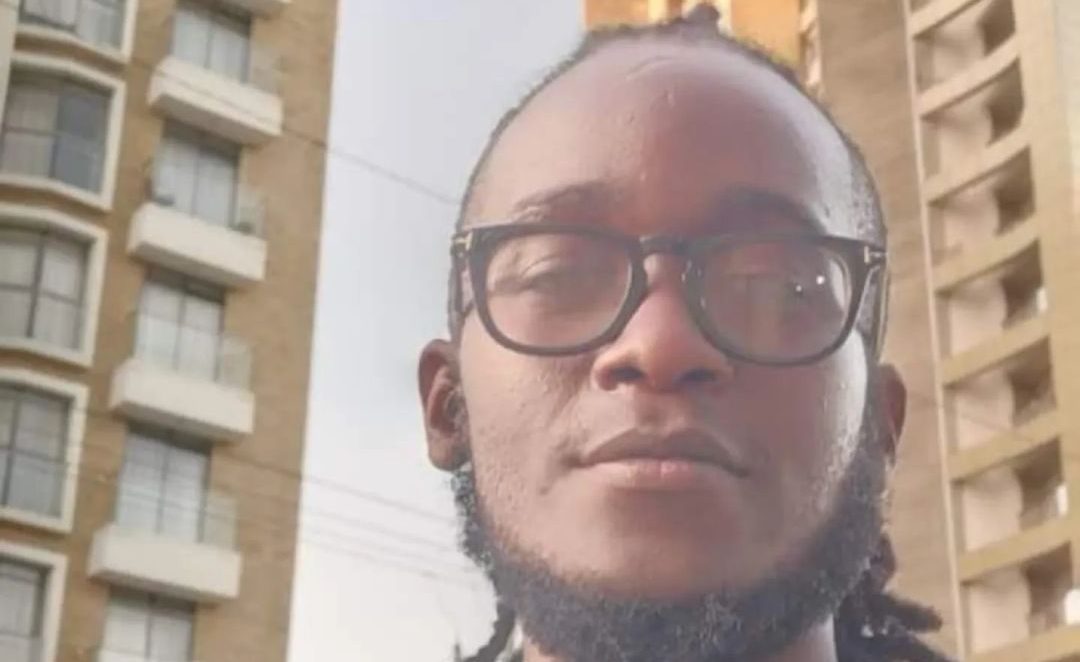The release of the BBC Africa Eye documentary Blood Parliament has sent shockwaves across Kenya, laying bare damning allegations of the Kenya Defence Forces’ (KDF) involvement in the brutal crackdown on unarmed civilians during the June 25, 2024, protests. The documentary has triggered a national outcry online, as Kenyans grapple with grief, anger, and a profound sense of betrayal. Many expressed disbelief that the KDF—once one of the country’s most trusted institutions—could be implicated in such violence.
Capturing the prevailing mood, Willis Evans Otieno wrote: “I was genuinely shaken to learn that the KDF, an institution we once held with deep respect, was part of this horror. Imagine: a Kenyan soldier, armed and trained to defend life, shooting an unarmed civilian from just 25 metres away. Who sent them? Who gave the order?” Others echoed this sentiment.

@KenyaUnchained lamented, “Almost one year and no one held accountable,” while @okinyitj angrily observed, “In some countries, the military rescues citizens. In Kenya, the power-hungry set the military on its own people.” For many, trust in the nation’s institutions has been deeply shaken.
“We do not have a country,” declared @James041, while @RBryan275 wrote, “We will need a new KDF once the People’s Government is installed. This one is fully compromised.” Allegations that the military was deployed without proper parliamentary approval further fueled the outrage.
“There was no parliamentary approval for their internal dispatch,” pointed out @KigiriP, while users like @EricNyamweya demanded to know: “Who gave the order?” The revelations have not only shattered faith in the military but have also reopened old wounds. Some users connected the events to past tragedies like the Githurai massacre and suspicious cremations at military barracks. @LyshyaB observed: “If it’s true, now you can connect the dots of Githurai and the cremations done those few days at the army barracks.
” The emotional toll was heavy. “I have cried and cried for our beloved..
. So heartbreaking. Beautiful souls.
May God comfort their families,” wrote Alice Bossy. Although a few, such as @Mwana_Hara_Kati, urged caution about the documentary’s origins, suggesting Western media bias, the majority of Kenyans found the evidence too compelling to ignore. Calls for mainstream Kenyan media to cover the revelations grew louder.
“Silence from the media is not neutrality; it’s complicity,” declared @Bloc_Sokoro. Prominent investigative journalist John-Allan Namu praised the documentary as a “devastating account of the June 25th murders outside Kenya’s parliament. Curdles the blood.
” Questions around the chain of command and political responsibility dominated online discussions. @KenMwohe asked, “Who was in charge of internal security? Who sanctioned this?” As Kenya confronts the chilling revelations of Blood Parliament , one thing is clear: the demand for justice is growing louder by the day. “We shall remember not to forget,” vowed @RonnyReagan, reflecting the collective resolve of a nation unwilling to let the victims of June 25th be forgotten.
Would you also like a second version that’s a bit sharper and more news-report style, depending on where you plan to use it?.
Top

‘Blood Parliament’ Documentary Sparks National Outrage Over KDF’s Role in June 2024 Protests

The release of the BBC Africa Eye documentary Blood Parliament has sent shockwaves across Kenya, laying bare damning allegations of the Kenya Defence Forces’ (KDF) involvement in the brutal crackdown on unarmed civilians during the June 25, 2024, protests. The documentary has triggered a national outcry online, as Kenyans grapple with grief, anger, and a [...]The post ‘Blood Parliament’ Documentary Sparks National Outrage Over KDF’s Role in June 2024 Protests appeared first on Ghafla! Kenya.











